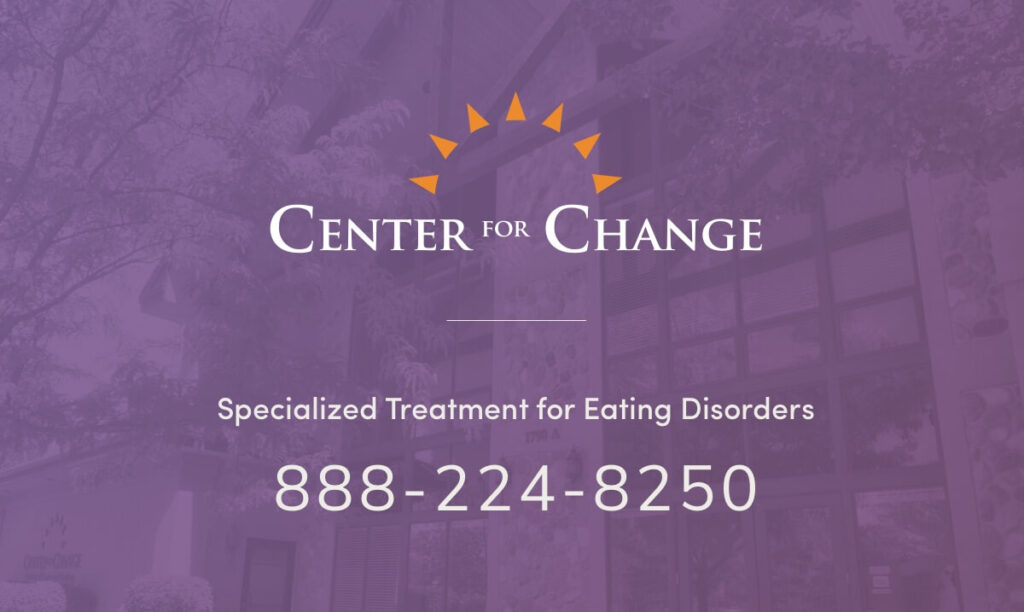Please note that this is an Archived article and may contain content that is out of date. The use of she/her/hers pronouns in some articles is not intended to be exclusionary. Eating disorders can affect people of all genders, ages, races, religions, ethnicities, sexual orientations, body shapes, and weights.
Eating disorders are not just about food; they are deeply rooted, complex conditions that touch the very core of a person’s mental, emotional, and physical well-being. They do not discriminate—they can affect anyone, regardless of age, gender, or background. Recognizing the signs of an eating disorder is vital for early intervention and effective treatment. This blog aims to shine a light on these indicators, fostering awareness and understanding, so we can all contribute to a more supportive environment where open conversations and a healthier relationship with food and body image can flourish.
Changes in Eating Habits
 One of the most visible signs of an eating disorder is a dramatic shift in eating habits—changes that are often distressing not only for the individual but also for their loved ones. These changes might show up as extreme dieting, severe calorie restriction, or avoiding entire food groups. For example, someone may adopt an overly rigid diet that cuts out entire categories of food, driven by the mistaken belief that such restrictions will help them achieve a “perfect” body.
One of the most visible signs of an eating disorder is a dramatic shift in eating habits—changes that are often distressing not only for the individual but also for their loved ones. These changes might show up as extreme dieting, severe calorie restriction, or avoiding entire food groups. For example, someone may adopt an overly rigid diet that cuts out entire categories of food, driven by the mistaken belief that such restrictions will help them achieve a “perfect” body.
For some, this can evolve into an obsessive preoccupation with food—constantly counting calories, meticulously planning every meal, or weighing themselves multiple times a day, with their sense of self-worth tied tightly to the number on the scale. These behaviors can damage a person’s relationship with food, potentially leading to severe health problems like malnutrition and weakened immunity. The earlier we recognize these patterns, the sooner we can seek the help needed to nurture a healthier, more balanced approach to eating and self-care.
Preoccupation with Body Image
An intense and unhealthy preoccupation with body image is another red flag for eating disorders. This can manifest as a constant comparison to others, where individuals scrutinize their bodies against the perceived ideals of peers, celebrities, or influencers. Such comparisons can create a painful cycle of negative self-talk, where the reflection in the mirror never seems “good enough.” The fear of gaining weight can become all-consuming, making it difficult to enjoy meals or social gatherings that involve food.
In a desperate bid to control their bodies, individuals might engage in excessive exercise, believing that only through rigorous workouts can they manage their weight or achieve a certain body shape. This fixation on body image and fitness often comes at the cost of neglecting other vital parts of life—relationships, hobbies, and even happiness itself. Over time, this relentless pursuit of an idealized body can lead to deep emotional distress, anxiety, and depression. It’s a stark reminder of the need for kindness—both to ourselves and others—and the importance of nurturing a compassionate, balanced relationship with our bodies.
Social Withdrawal
Eating disorders often lead to social withdrawal, especially from situations that involve food. Someone struggling may start to decline invitations to dinners or avoid events where food is present. This avoidance is often fueled by feelings of shame, embarrassment, or anxiety about their eating habits. Unfortunately, this self-imposed isolation can worsen the disorder, making recovery even more challenging and increasing feelings of loneliness and depression. Reaching out and creating a safe, non-judgmental space for conversation can make all the difference.
Mood Swings and Emotional Distress
Mood swings and emotional distress are also common among those experiencing eating disorders. The constant battle with food and body image takes a toll, leading to irritability, anxiety, or depression. These emotional struggles can make it hard to engage in everyday activities or maintain healthy relationships. It’s essential to understand that these mood changes are not signs of weakness but signals of a person who needs understanding and support.
Physical Symptoms
Certain physical symptoms can also serve as warning signs of an eating disorder. Unexplained weight loss or gain, changes in skin and hair health, and frequent gastrointestinal issues like bloating or stomach pain are common indicators. Even dental problems, such as tooth enamel erosion or cavities, can signal underlying behaviors like purging. These symptoms should not be overlooked, as they often point to deeper health concerns that need professional attention.
Recognizing the signs of an eating disorder is a vital step toward seeking help and beginning the journey toward recovery. If you notice these signs in yourself or someone you care about, approach the situation with compassion, empathy, and understanding. Encourage open dialogue and reach out for professional support. Remember, recovery is possible, and there is always hope for a healthier relationship with food and body image. If you or a loved one are struggling, please contact our team at Center for Change. We are here to help.

